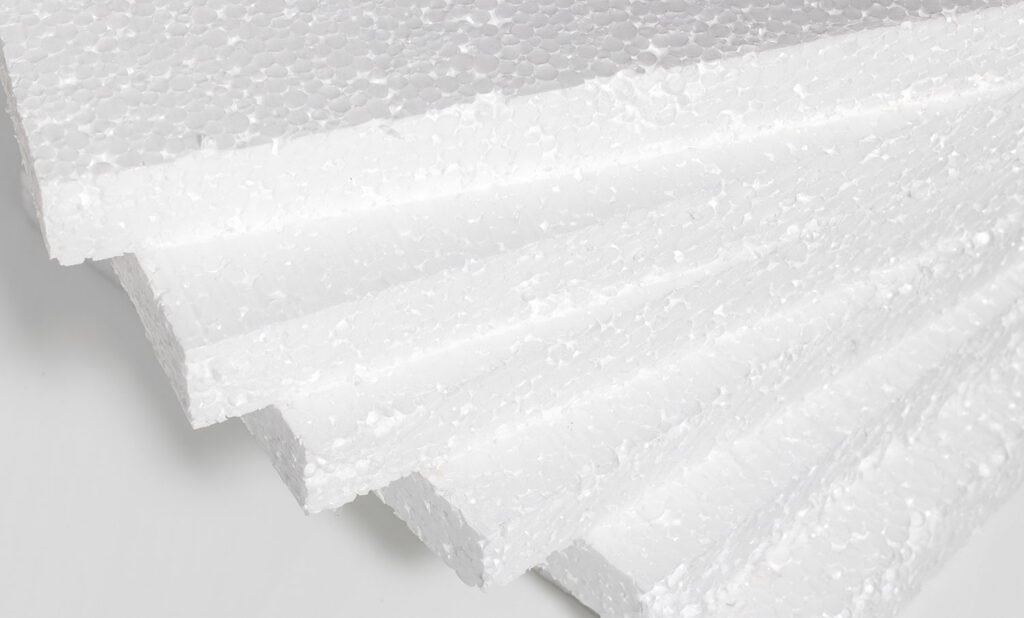

In the realm of specialty pharmacy, maintaining the integrity of temperature-sensitive medications during shipping is paramount. Expanded Polystyrene (EPS) plays a critical role in this process, offering superior insulation properties that make it an ideal choice for temperature-controlled logistics. This article explores the significance of EPS in ensuring cold chain integrity, delves into its insulation capabilities, and provides guidance on selecting the right EPS solutions for specialty pharmacy needs.
EPS is a lightweight, rigid, plastic foam insulation material produced from solid beads of polystyrene. It is extensively used in the pharmaceutical industry for its exceptional thermal insulation properties, which are crucial for the transport of medications that require strict temperature control. The structure of EPS, comprising 98% air, makes it an excellent insulator, helping to maintain stable temperatures within shipping containers, regardless of external environmental conditions.
The insulation capability of EPS is derived from its unique structure, which effectively traps air in multiple closed cells. This design minimizes thermal conductivity and ensures that temperature fluctuations are significantly reduced, maintaining the efficacy and safety of medications throughout their journey. EPS’s lightweight nature also contributes to its effectiveness, as it adds minimal weight to shipments, reducing transportation costs while ensuring product safety.
Selecting the appropriate EPS solution is critical to achieving optimal cold chain management. Considerations should include:
EPS’s role in enhancing cold chain integrity cannot be overstated. Its superior insulation properties ensure that temperature-sensitive medications are protected during transport, safeguarding their efficacy and extending their shelf life. By carefully selecting the right EPS solutions, specialty pharmacies can significantly improve their logistics operations, ensuring patient safety and regulatory compliance.
As the pharmaceutical industry continues to evolve, leveraging advanced materials like EPS for cold chain logistics will be essential in meeting the growing demand for specialty medications. Embracing EPS technology offers a pathway to more efficient, reliable, and sustainable shipping practices, ultimately benefiting both the industry and the patients it serves.
For specialty pharmacies looking to enhance their cold chain logistics, exploring EPS solutions is a step toward achieving excellence in patient care and operational efficiency.
Nordic Cold Chain Solutions is a leader in the cold chain landscape providing expert cold chain products and services to industry leaders. Nordic Cold Chain Solutions is a company of Temperatsure, LLC.